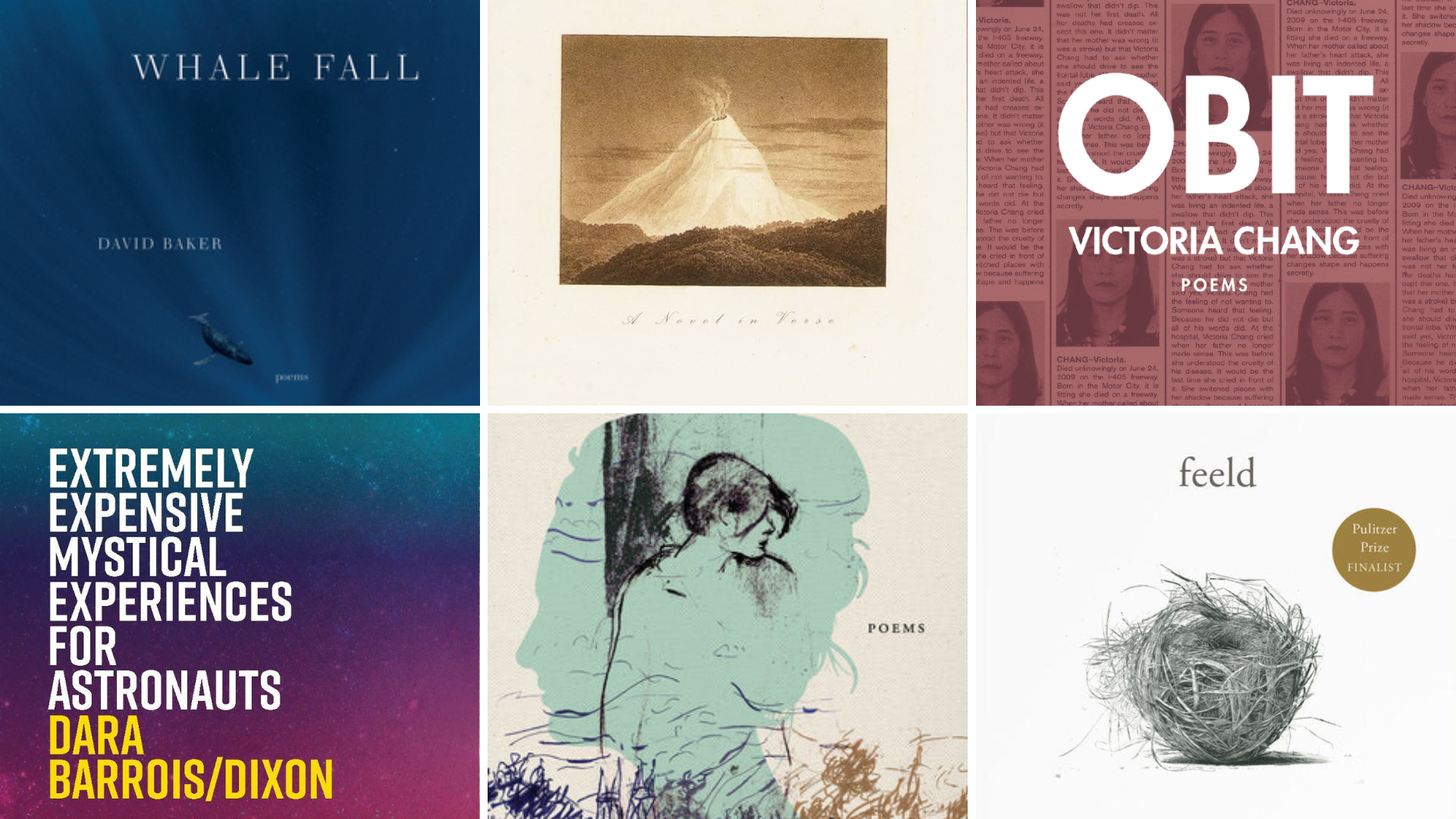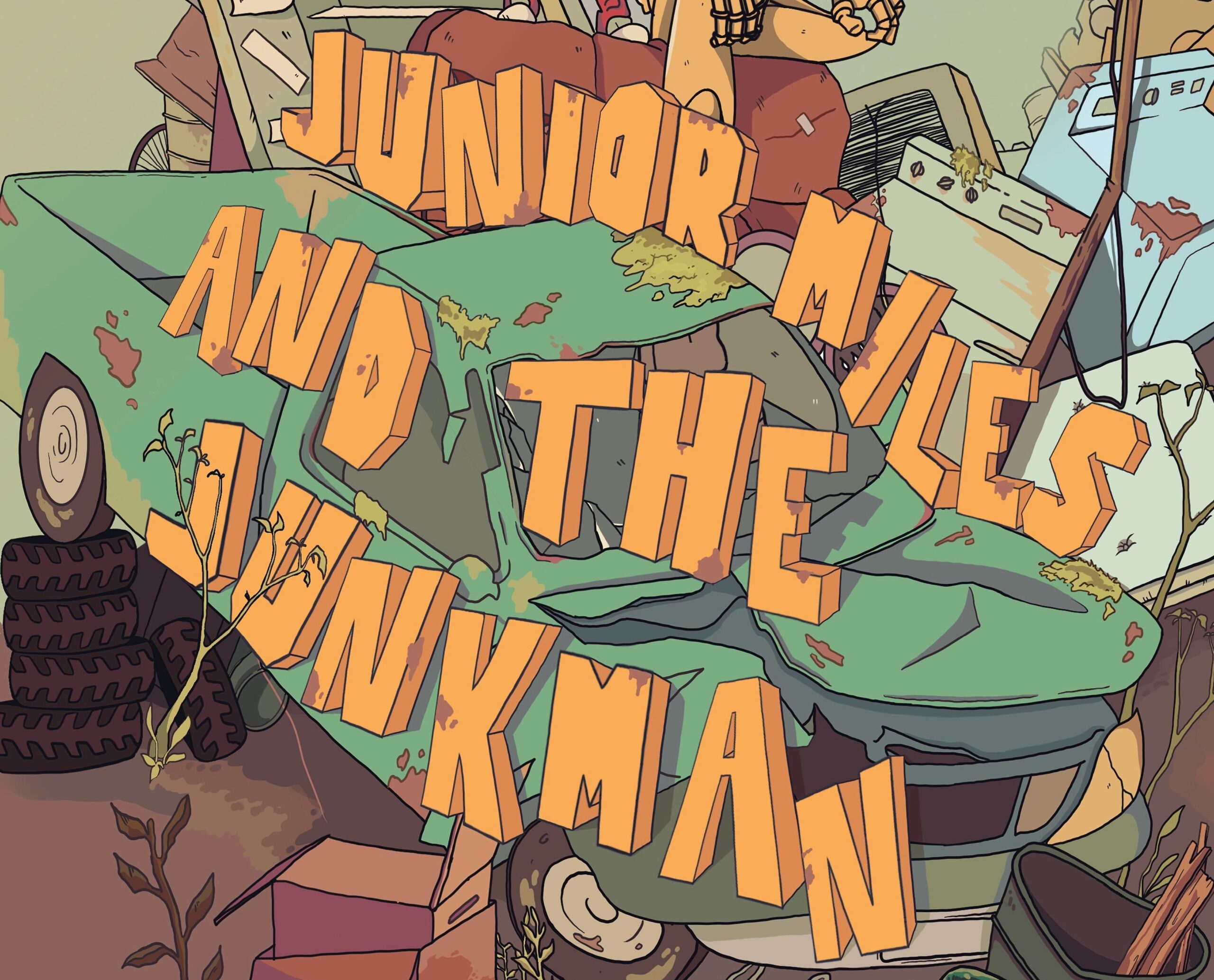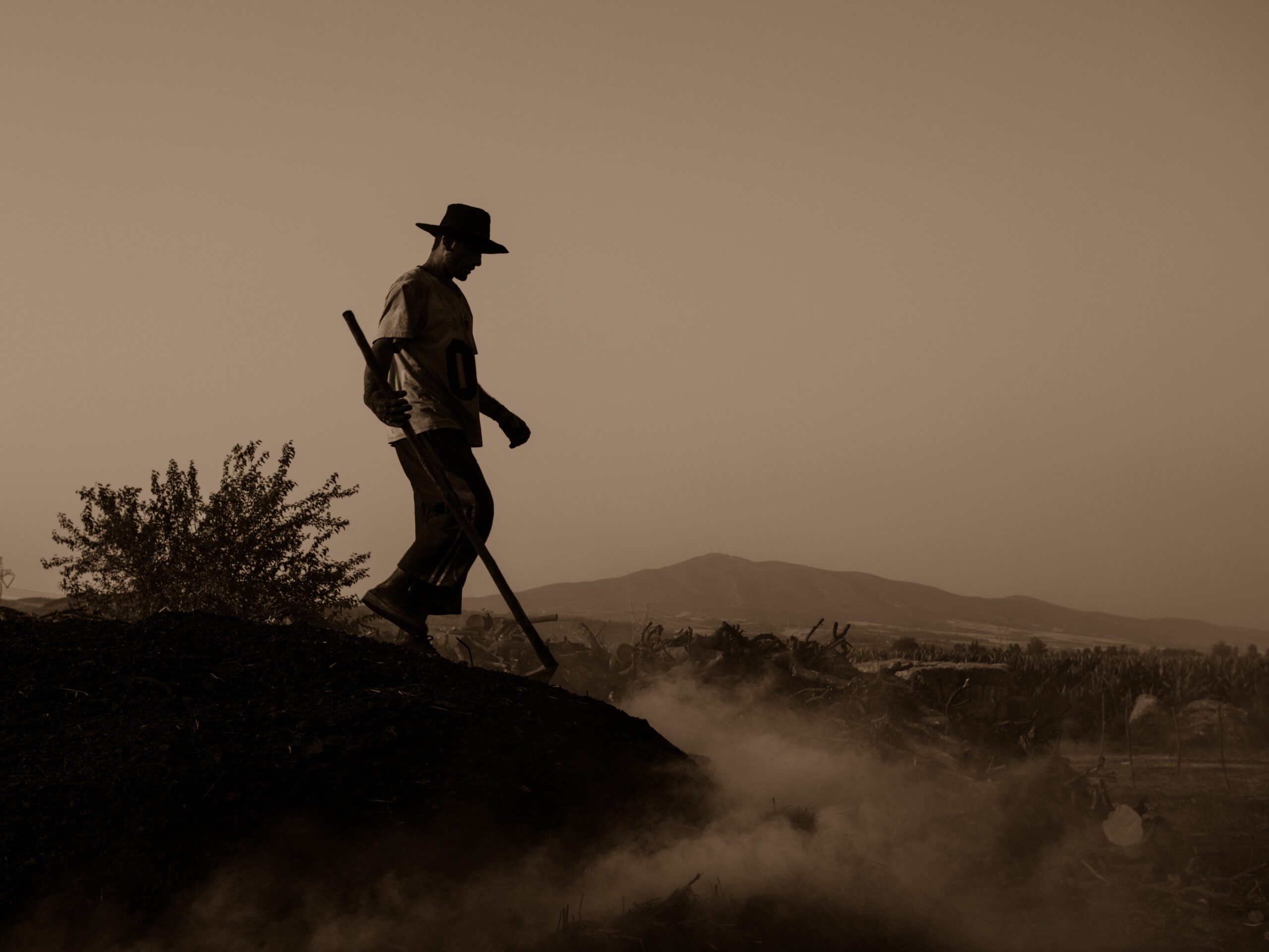

“April is National Poetry Month. What better way to celebrate than with the Thursday Poets! Watch for us every Thursday as we offer poems and insights that help connect us to the community and beyond.”
Out of Silence
Bob Dylan famously said, “Anything I can sing, I call a song. Anything I can’t sing, I call a poem” I beg to differ. Sorry, Bob! All poems sing and contain music. Rhythm and beat is the lifeblood of poetry.
All poetry originated in oral performances with musical accompaniment. Ancient bards like Homer used repetition, rhyme, and epithets so that listeners could follow their epic tales. Scholars have even figured out how to reconstruct the sound of ancient Greek compositions. You can listen to it here. Isn’t that eerie?
In my house, my husband plays his guitar and sings on one side of the house. I cannot be near his twanging riffs. I cannot filter out his noise. It interrupts my train of thought. To find my flow, I am forced to sequester myself behind closed doors. There, through deep listening, I begin to hear the beat and rhythm of words and phrases, the stirring of poetry. The iamb, a poetry measure, is da-DUM and has been called “a breathful of heartbeats” because it is the sound of the human heart. So, though it was born in silence, all of life, all of poetry, begins with music. A poem contains music (in rhyme, rhythm, repetition, aural and visual patterns strung in artful arrangements) and so poems can always be sung.
Even a short poem like We Real Cool by Gwendolyn Brooks sounds like finger snapping. Her short sentences and two-line stanzas create a lot of white space on the page to indicate silence, or caesura. As Claude Debussy said and Miles Davis made famous, “Music is the space between the notes.” That silence allows the sounds to resonate and become music.
We each have something that makes us see the world in all its nuanced layers, that helps us feel most alive, that speaks to us. My husband loves Roots and Americana. For one of my friends, it’s time alone in the kitchen whipping together delicious ingredients. For another, it’s a fight for cleaner water and air. For my dad, it was a love of Civil War history.
Words are my plaything, my clay. Poetry is how I make sense of the world and how I learn what I think. And it is only in silence that I can will these words to rise to the surface. Poetry is my music, my thing that makes me sing. What is yours?


Elisabeth Weiss Horowitz: Teaches writing at Salem State University in Salem, MA. She’s taught poetry in preschools, prisons, and nursing homes, as well as to the intellectually disabled. She’s worked in the editorial department at Harper & Row in New York and has an MFA from The University of Iowa Writers Workshop. She’s published poems in London’s Poetry Review, Porch, Crazyhorse, the Birmingham Poetry Review, the Paterson Literary Review and many other journals. Lis won the Talking Writing Hybrid Poetry Prize for 2016 and was a runner up in the 2013 Boston Review poetry contest. Her chapbook, The Caretaker’s Lament, was published by Finishing Line Press in 2016.
Featured Image by Wallace Chuck from Pexels







